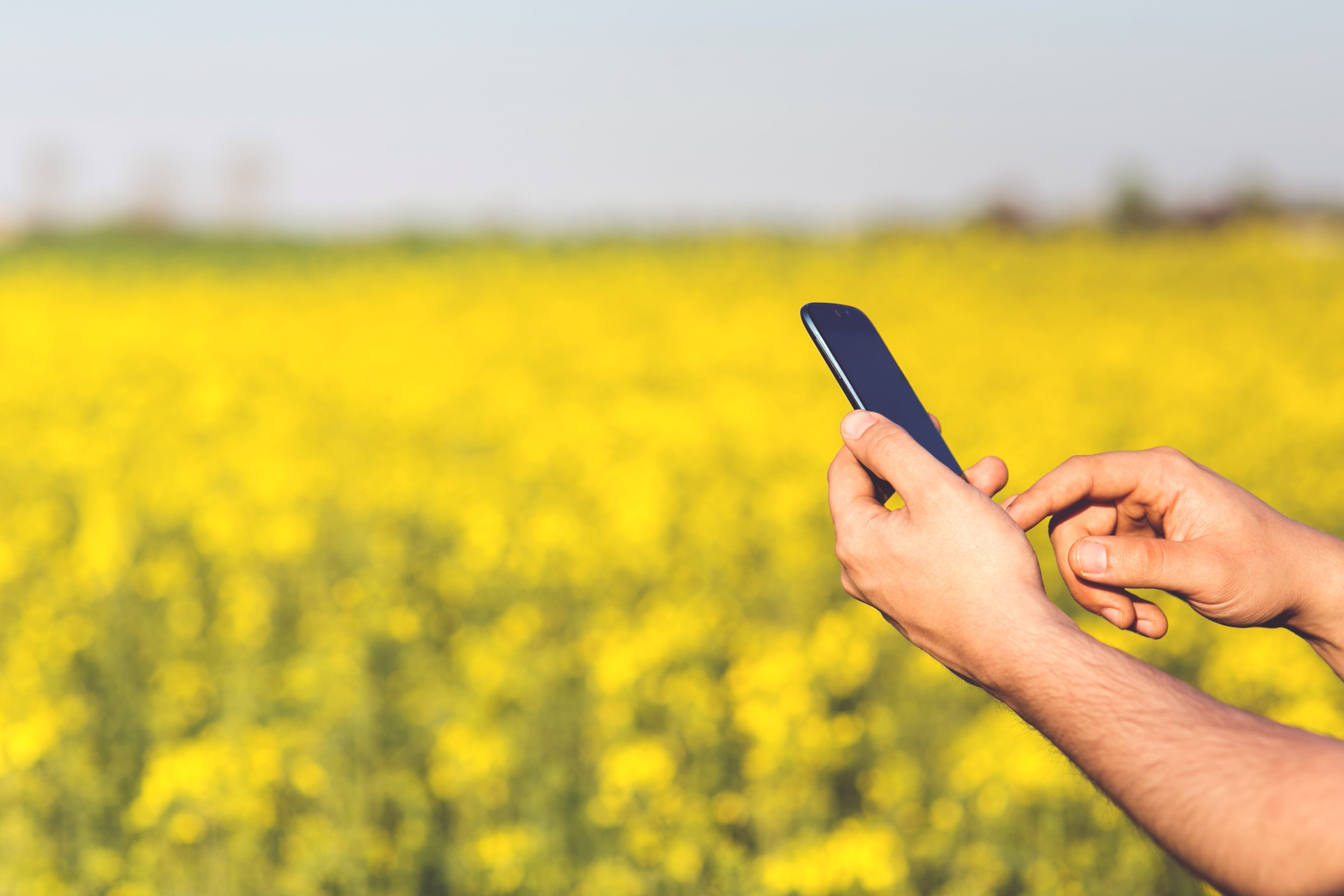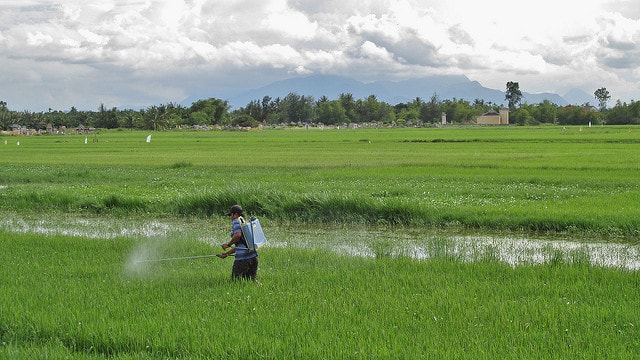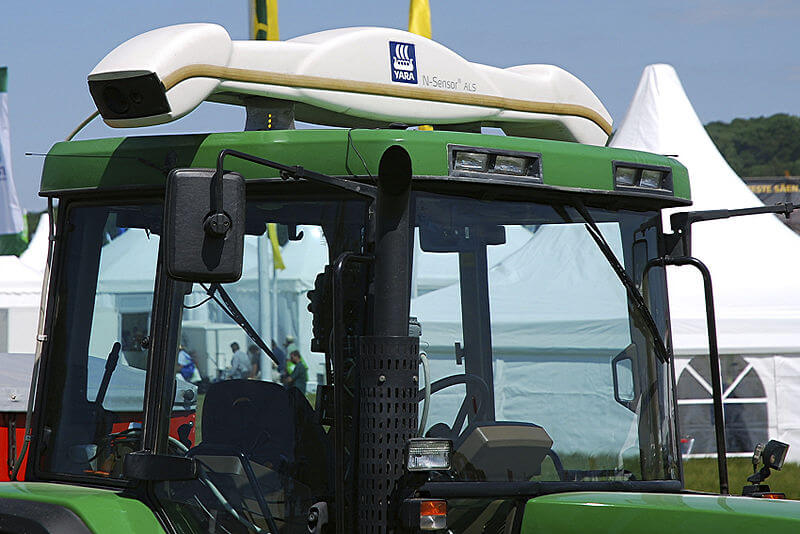6 Best Applications of IoT in Agriculture Sector
Know how IoT is redefining efficiency in the agriculture sector.
The Internet of Things (IoT) has changed the way we see the world today. It has transformed the world and is still on the way to bringing significant changes to our lives. IoT has made countless unforeseeable things happen such as smart cities, super-efficient industries, and connected cars. However, the most significant application and benefit of everything that IoT entails has probably been in the agricultural sector.
It is expected that the population of the world will reach 9.6 billion by 2050. Therefore, it is a necessity for the agricultural industry to embrace the new technologies such as IoT in order to feed such an extensive population. The demand for food is more than ever, thanks to the rising population of the world. Added to that are several challenges in the farming industry such as unpredictable weather conditions, global warming, environmental impact that arises from aggressive farming methods and much more.
There have been several applications of IoT in the agricultural sector. Some of them have been listed below:
1. Livestock Monitoring

Livestock monitoring can definitely be considered as one of the boons of IoT in agriculture. It is now possible for farm owners with a massive business to know how their cattle are doing with the help of wireless IoT applications. They can collect and store data using this technology to garner information about the well-being, health, and location of their livestock. This information comes in handy to know if any of the animals are sick. Therefore, those specific animals can be quickly isolated to prevent the spread of disease. This application is a lifesaver because it significantly reduces the cost of labor for the ranchers. They can simply use sensors based on IoT to monitor their livestock.
2. Agricultural Drones
Agricultural drones are one of the finest examples of the progress of technology in this industry. Agriculture has embraced the use of drones unlike any other industry today. Many businesses and farm owners employ the use of these drones to add value to their farming methods. There are aerial-based as well as ground-based drones that are used for different reasons including the monitoring of crops, analyzing the fields, assessing the health of the crops, planting of crops, irrigation, etc. The reason farmers excessively use drones is that it saves them a lot of time, is easy to use, and increases their yields exponentially.
3. Precision Farming
Precision farming is a new age method of following controlled agricultural practices that are more accurate than ever. This type of farming is used for growing crops as well as raising livestock the right way. Various elements such as robotics, sensors, variable ray technology, control systems, automated hardware and autonomous vehicles are used in this approach of precision farming. Farmers also utilize mobile devices, a high-speed and quality internet connection and low-cost satellites to be on par with the trend of precision agriculture. Countless organizations worldwide are leveraging this method today to automate their farming process.
4. Smart Greenhouses
Greenhouse agriculture is a technique that has been employed by agriculturists for a long time now to enhance the yield of their crops substantially. Greenhouses are the perfect places to grow crops such as fruits and vegetables in a controlled environment. This way, farmers can keep a close check on how their crops are doing and prevent unnecessary and unforeseen challenges. This energy helps in eliminating the cost of labor, the loss of energy and production. When you add IoT to greenhouses, the results are even better. Smart greenhouses are the perfect way to completely get rid of manual intervention and control factors such as the climate for the healthy growth of crops. Different sensors can be used according to the needs of the corps, and we can remotely access the greenhouse using a cloud server.
5. Eco-friendly Pesticides

The farming industry has always been on the lookout for finding alternatives to harmful chemical pesticides that are effective as well as inexpensive. An excellent example of an organization employing the use of eco-friendly pesticides is Semios. This company is using IoT to the best of its advantage by enabling farmers to know exactly where to place their trees using wireless sensors. Using these sensors, the farmers can identify if a place in the field has a very high presence of pests. According to the presence of pests in a location, the system activates the release of pheromones that bring a halt to the mating of pests that damage crops. This technology is a lifesaver as it completely eliminates the need to use chemical pesticides and therefore, is also cost-effective.
6. Farm Machinery and Crop Sensors

Farmers are also increasingly using super smart farm equipment that is connected to sensors. Even tractors and harvesters can be used in tandem with sensors to generate useful information about the soil and crops. It is expected that smart farming technologies such as drones and sensors using the Internet of Things will bring about a revolutionary change in the practice of precision farming. It is a brilliant way to enhance the number of yields as well as the quality of agricultural production. This information that is gleaned from the sensors can go a long way to helping farmers become more aware of their business and hence, make their farming methods more updated and automated.
Conclusion
As is evident, the Internet of Things has successfully invaded the agricultural industry, and farmers and ranchers are increasingly putting all their trust in this cutting-edge technology. They are using IoT to their advantage by collecting useful data, installing intelligent technologies in making their business more sustainable than ever. With the growing competitiveness in the field of agriculture, it becomes even more important to stay ahead of the competition and be updated with the modern technologies. IoT lets you do just that in a successful manner which is not just advantageous for your business but is also merciful on the environment.



